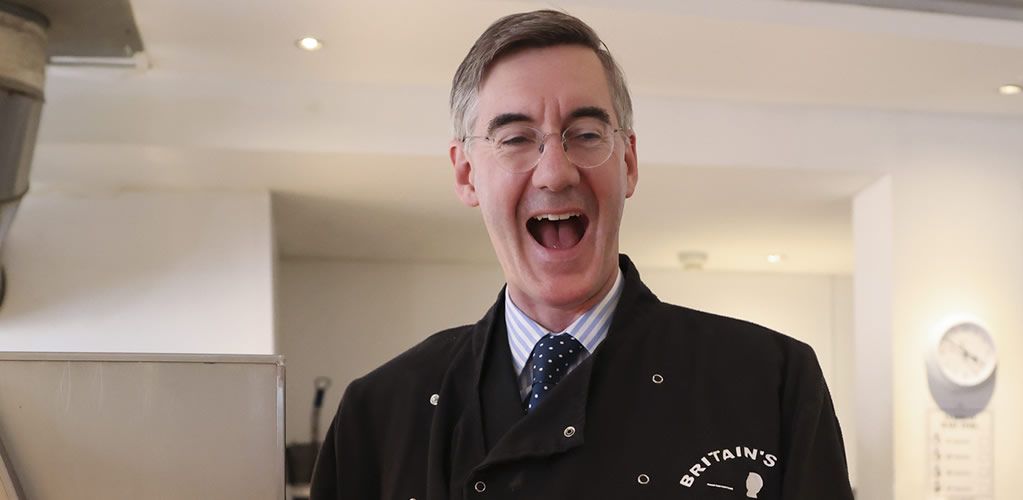It’s been 12 long, painful years of Tory governments...
From the start, the Tories chose to reduce public investment and encouraged companies to prioritise profits over investment too. The result: whilst we claim to be a rich country, we now have 14.2 million people in poverty.

From the start, the Tories chose to reduce public investment and encouraged companies to prioritise profits over investment too. The result: whilst we claim to be a rich country, we now have 14.2 million people in poverty.
First published: July 2022.
From 2010 the Tories chose to reduce public investment, and by cuts to corporation tax they encouraged businesses to prioritise profits over investment too.
The results are:
- Not enough trained doctors
- Not enough trained nurses
- Not enough investment
- Not enough apprenticeships
- Not enough housing
- Not enough domestic energy
- Not enough manufacturing
- Not enough engineers
- Not enough teachers
- Not enough legal provision
- Not enough reservoirs
- Not enough public transport
- Not enough buses
- Not enough school repairs
- Not enough hospitals
- Not enough trade negotiators
- Not enough agriculture workers
- Not enough airport workers
- Not enough border forces
- Not enough police
But because we didn’t spend on investment, share dividends kept on rising. So despite wage stagnation, inflation is at 10%.
Now: more cuts.

It all started with David Cameron. | Flickr/Number 10
Now, I am not suggesting we should rush to conclusions. It is reasonable to give things an opportunity to prove they work. Or time to allow teething troubles to be fixed.
But it’s been 12 years.
If any of this was going to work, it surely would have worked by now.
The stock market is not the country. GDP is not success.
If 1,000 people have £3tn and the other 65 million have nothing, GDP is still £3tn. That doesn’t make us a rich country.
That’s the intellectual end-game of this policy. But the theory has been stretched as far as it will go.
We NEED redistribution – and this isn’t even a party political point, simply a practical one. We NEED investment.
And we need to decide what the country is for. And then we need to build towards it.
What do I mean by that?
I am not defending empire AT ALL, but due to it our vision of ourselves was built around multiple pillars:
- Strong manufacturing
- Strong political and military power
- Strong stability and legal frameworks
- Strong global influence
- Strong finance
- Strong skills/education
(I absolutely accept that most of this was stolen, most of it was corrupt, and the rest of it is just a story we tell ourselves about “Great Britain” without much justification – it excluded most of the UK and all of our colonies).
But now...
We aren’t manufacturers. That’s gone. We under-invested and lost it.
We aren’t a military power in any significant sense.
We have blown our global influence, and burned through our reputation as stable.
Our own government is ripping up our legal status.
We have slashed education.
And our finance sector is drifting off to Frankfurt and other areas, we have lost our AAA status; and even if it’s still a big sector, it can’t hold up an entire country. Especially not if we don’t tax it enough, or have a government complicit in letting it slip past tax authorities.
A big recession is coming. It will be global, it will last about a decade, and it couldn’t be a worse time.
Every nation needs to spend like hell to prepare (and reduce) climate catastrophe, and this government (and I worry Labour too) won’t do what is needed.
We need to decide... What are we, now all that “empire” stuff is over?

It’s been 12 long, painful years of Tory governments... | Flickr/Number 10
Invest in renewables
For me, the sensible thing is to invest HUGELY in renewables. Fight Chinese steel tariffs and build nationalised steel to allow us to manufacture our own wind, wave and solar. Invest in the science and engineering to do it. The climate demands it, and although steel is carbon heavy, it is a once-in-50-years burst of production that enables domestic green power and hundreds of thousands of jobs.
Invest in domestic housing
Invest in domestic housing, in two streams: build new, and refit old. Make them green. Insulation, solar panels, better ventilation for the heat, green boilers, replace gas. Create jobs to do it, public money to do it.
Borrow to build
Build aquifers and reservoirs. Don’t wait for the market to do it. The market wastes billions of litres of water a DAY.
Make water and energy national priorities
Create public jobs to do it. Create public apprenticeships to train a generation to do it.
Plant trees and re-wild everything we can
Do this at once – it is a cheap, simple way to (partially) slow climate change while we adapt. And... it creates instant jobs, which we need in the recession about to begin.
Invest public money in health service training, right now
We have lost a decade of vital training for new doctors and nurses, and we will suffer for years as a result. But the only way out is to train now.
Invest in public transport
Create jobs to do it. Infrastructure for electric vehicles too. Not just fitting things made overseas – create plants to make our own recharging points. This creates jobs, which pay tax, which repays the borrowing for all the investment.
There are no cheap and simple solutions – it will be costly, and we will have to borrow hugely to do it. It will push our debt/GDP ration up to 200%, I would guess. But it will create jobs during the recession, investment will generate the money to repay debts after the recession, and (to me at least) importantly, it will provide the nation with a direction and a purpose – after 12 solid years of trashing everything we built – what I guess you could call our “national persona” around.
Sorry. Rambling ideas.
I know not all of this is perfect. Please don’t kick it down, instead reply with BETTER ideas for how to dog ourselves out of this simply dreadful position.
We have tried cutting everything and wrapping the corpse in flags, and it doesn’t seem to work.

Going further:

|

|
— AUTHOR —
▫ Russell Jones, Writer, designer, data analyst.
► twitter
► website
- Russell Jones is also the author of The Decade in Tory
Sources
- Text: This piece was first published as a Twitter thread and turned into the above article on 2 August 2022 with the purpose of reaching a larger audience. It has been minorly edited and corrected, and published with the author’s consent. | The author of the tweets writes in a personal capacity.
- Cover: Flickr/UK Government. - The Minister for Brexit Opportunities and Government Efficiency of the United Kingdom Jacob Rees-Mogg. | 30 June 2022. (Licensed under a Creative Commons Attribution-ShareAlike 4.0 International License.)







[Read our Comments Guidelines]